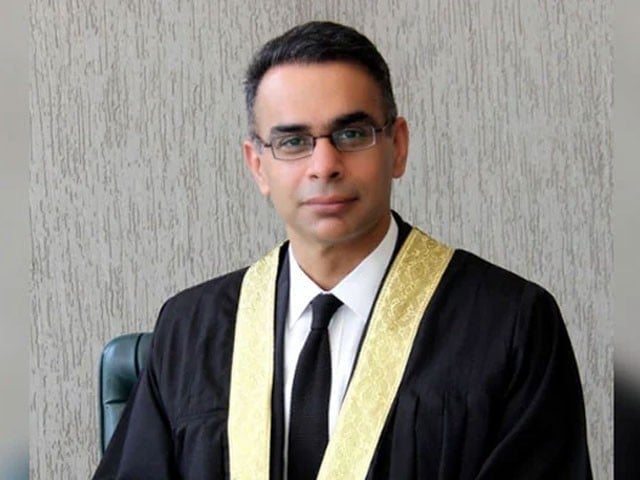Babar Sattar Raises Concerns Over Judicial Transfers
The controversy surrounding the judicial transfers and seniority list has raised important questions about the role of the Constitution and the law in guiding the appointment and administration of judges, with Justice Sattar's letter emphasizing the need for strict adherence to constitutional requirements and procedures.

Justice Babar Sattar of the Islamabad High Court has expressed concerns over the initiation of judicial work by three judges transferred from provincial high courts without taking the oath as IHC judges, citing Article 193 and 194 of the Constitution.
The judges, who are from Sindh, Punjab, and Balochistan, were transferred to the IHC but did not take the oath as required by the Constitution. Justice Sattar argues that this means they cannot assume the office of judges of the IHC and perform judicial duties. He also objected to the revised seniority list of the IHC justices and the inclusion of the transferred judges in the IHC's Administrative Committee and Departmental Promotion Committee.
Justice Sattar has written a letter to IHC Chief Justice Aamer Farooq, requesting him to correct the errors in the recently issued seniority list. He alleges that the reconstituted Administrative Committee and Departmental Promotion Committee are unconstitutional, as they include judges from other high courts who have not taken oaths as IHC judges. The judge also argues that allowing these judges to exercise administrative powers and functions without taking oaths will cause them embarrassment if their orders and actions are challenged.
The development has sparked discussions within the legal community regarding judicial appointments and seniority criteria. Four Supreme Court justices have written a letter to the Chief Justice of Pakistan to address the issue, highlighting the need for transparency and adherence to the law in the exercise of executive and judicial powers.